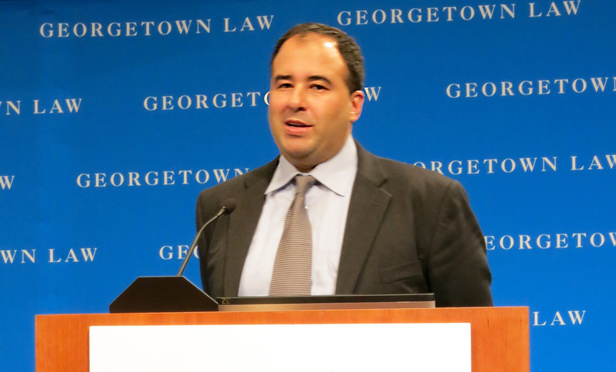One year ago Thursday, in Kiobel v. Royal Dutch Petroleum Inc., the U.S. Supreme Court interjected uncertainty into otherwise well-settled law relating to the reach of the U.S. Alien Tort Statute. Issued among a series of blockbuster decisions last term, the Kiobel ruling may have flown under the radar, but its implications for the development of U.S. human rights law are of grave importance.
The law was enacted by the first Congress in 1789 to bring the nascent nation into compliance with international law norms and to ensure that U.S. courts would provide redress to foreigners who suffered torts “committed in violation of the law of nations.” The statute’s simple terms laid relatively dormant for two centuries, until lawyers at my organization, the Center for Constitutional Rights, first recognized its power in 1979.
This content has been archived. It is available through our partners, LexisNexis® and Bloomberg Law.
To view this content, please continue to their sites.
Not a Lexis Subscriber?
Subscribe Now
Not a Bloomberg Law Subscriber?
Subscribe Now
LexisNexis® and Bloomberg Law are third party online distributors of the broad collection of current and archived versions of ALM's legal news publications. LexisNexis® and Bloomberg Law customers are able to access and use ALM's content, including content from the National Law Journal, The American Lawyer, Legaltech News, The New York Law Journal, and Corporate Counsel, as well as other sources of legal information.
For questions call 1-877-256-2472 or contact us at [email protected]






